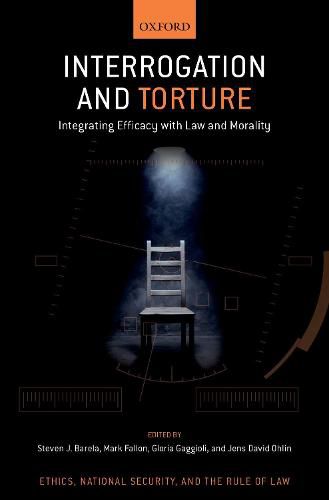This volume addresses interrogation and torture at a unique moment. Emerging scientific research reveals non-coercive methods to be the most effective interrogation techniques. And efforts are now being made to integrate this science and practice into international law and global policing initiatives. Contributors present cutting-edge research on non-coercive interrogation techniques and show how this knowledge is brought to bear on the realm of international law. Such advancements have the potential to transform the conversation on interrogation and torture in many disciplines, and the contributions in this edited volume are meant to spark those discussions. Moreover, this book can serve as a guide for policymakers who seek lawful, ethical, human-rights compliant–and the most effective–methods to obtain reliable information from those perceived to pose a threat to public safety. To achieve these aims the editors have brought together highly experienced practitioners and leading scholars in law, philosophy, psychology, neuroscience, social science, national security, and government.





